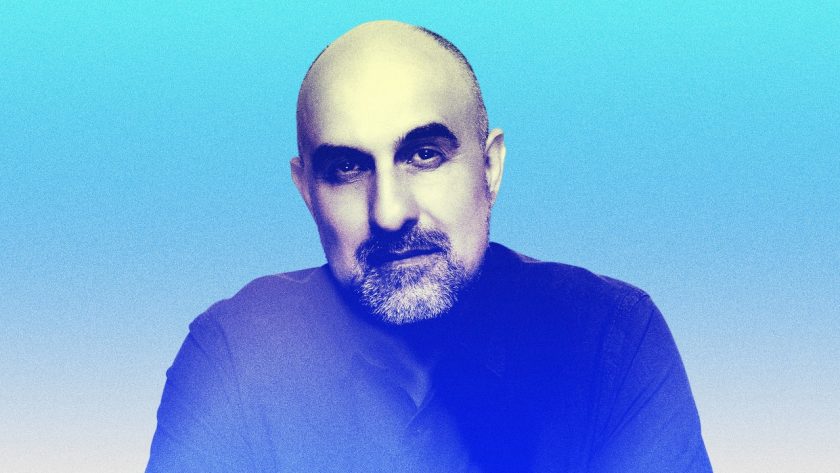My issue is how he’s collected his database and also he seemed like a guy who had ambitions to commercialize it. And that’s definitely not okay. I think what happened to him was fair. I’m sure plenty of people were talking at him in a nasty way online, and you know, I’m sorry for that. But I think he needed to take that site down and he needed to understand that collecting that sort of data set is in itself a threat to writers.
I hear that.
Amazon and Goodreads are already populated with books that are attributed to people who didn’t write them. People making generated texts, especially manuals and how-to things. That stuff’s already out there and it’s already happening. We have issues about enforcement: What kind of penalties against people might be possible? I think it’s really good for writers to be as aggressive as possible. I suppose that’s my bottom line. I think we should come out swinging to get a legal position as clear as possible.
You used to work for Wired, which I imagine requires a natural curiosity for emerging technologies. Have you played around with something like ChatGPT?
Absolutely. I was very annoyed that I couldn’t get access to early ChatGPT. You know, I like all of that uncanny valid stuff that AI can produce in text. Last year, I started thinking that I’d maybe even try and write something with it. And then I started exploring it and became increasingly disappointed with it. (laughs)
As its limitations became apparent for what I wanted to do with it. And now I have no interest in using it.
(Laughs) Oh wow. Were you thinking more like in a research context? Or were you using it in terms of like, here’s how AI would design a character and here’s how they would talk?
I haven’t had access to anything other than the kind of vanilla, playground version of ChatGPT. I had an idea that I was gonna find a tech partner and maybe training different AIs as characters and maybe, you know, like setting up conversations.
That’s cool.
I think that’s still a potentially interesting thing to do. But sadly, from my point of view, the best bits have had all the rough edges smoothed out. To make it’s being trained to be like a really good customer service agent. (laughs)
Exactly.
And what I want it to be is like a kind of weird hallucinatory, crazy free-association machine. A few years ago there was this amazing, somebody was getting AI to write an Olive Garden commercial. Did you ever see that?
No!
It’s one of the funniest things I’ve ever read. Like it was like if aliens tried to imitate us. I love that shit. Like, the stranger and the less predictable you can be as a human agent, I think that there’s the future of art. Just being really unlikely and odd.
Right. Like, I can’t imagine an AI using that trick you did in White Tears where it’s multiple pages of a ghost just laughing…
AI is very anti literary in that particular way, as it turns out, right? I bought a couple of novels that people wrote with GPT-2. Not too long ago there was this kind of just super excitement (with that kind of thing). And now, these two GPT novels feel like historical artifacts. And they’re six months old.
This lifecycle has been even quicker than the whole NFT lifecycle.
I’m old enough to remember the metaverse!
Rest in peace, 2022 to 2022. So, last question. This guy Benji, did you try to reach out to him?
I mean I added him to ask where he got his data from—and he didn’t answer me. I imagine today he’s lying low. Yeah. I mean, I doubt it will go much further ’cause he’s a symptom. He became the main character (on Twitter) for a day.
But we are gonna have to understand that there’s a very important realistic conversation to be had about rights, about ownership, about all the kind of boring legal stuff. And then maybe when that’s on a level, then we can actually start having fun with these tools.
When he wrote that blog post apologizing, a part of me was like: I wonder if he used AI and what he would have entered into his AI prompt. Like “write me a 500 word apology blog for maximum pathos.”
He dialed his vividness up to 88.



